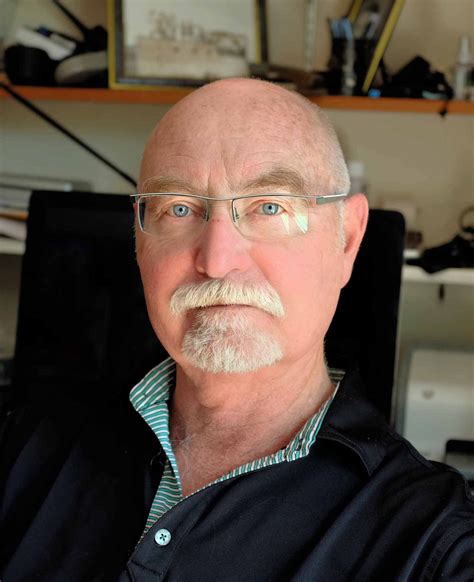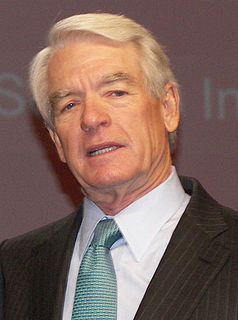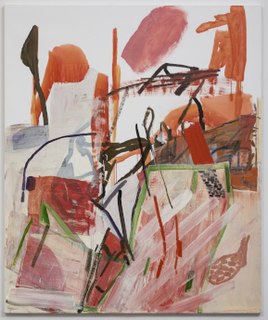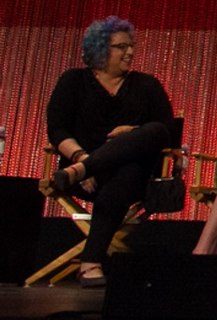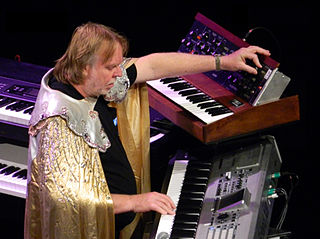A Quote by Rodman Philbrick
Matter of fact, I watch tons of tube, but I also read tons of books so I can figure out what's true and what's fake, which isn't always easy. Books are like truth serum--if you don't read, you can't figure out what's real.
Related Quotes
I like to read first thing in the morning. I'm addicted to the Kindle. I read a lot of business books, because I feel like I should figure out how to be a real businessman before someone figures out that I'm not one. I really enjoy reading classics as well, which I try to work in once every two months.
After I discovered my degree in photojournalism would only get me a job in a camera store, I taught myself lighting. I read tons of magazines and books and studied the photos trying to figure out how they were done. I bought some flash equipment and played around until I figured out how to make a subject look as I envisioned it should look.
We did tons of research. We went to visit a prison. We had speakers. We have read tons of supplementary material, books and articles. We are constantly emailing articles around the writers' room. We have dipped ourselves in prison culture and lore and media, and the experience and the people. We really want to be as informed as possible.
